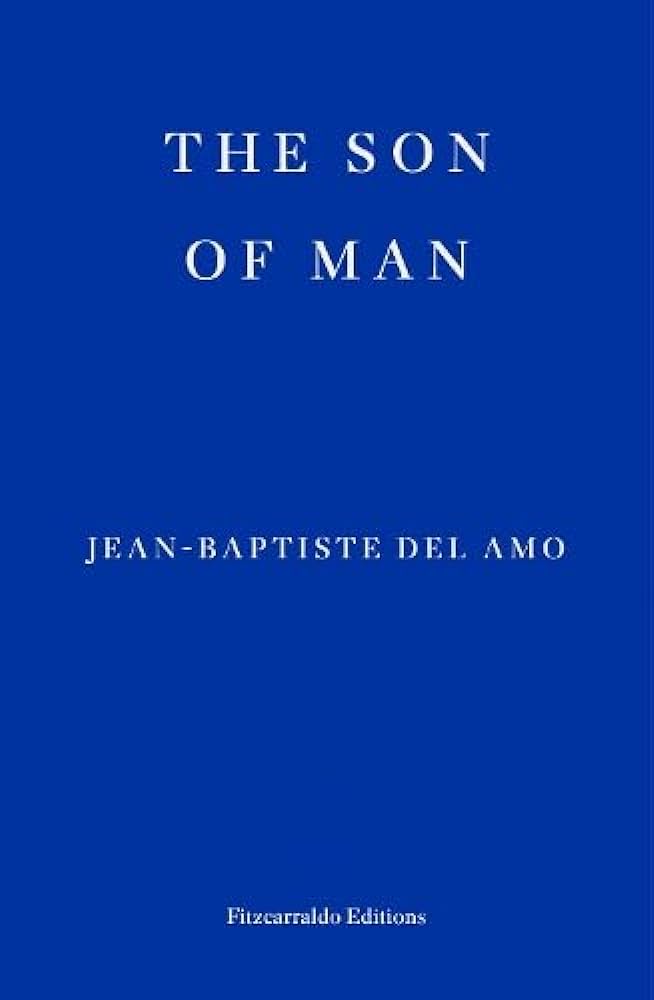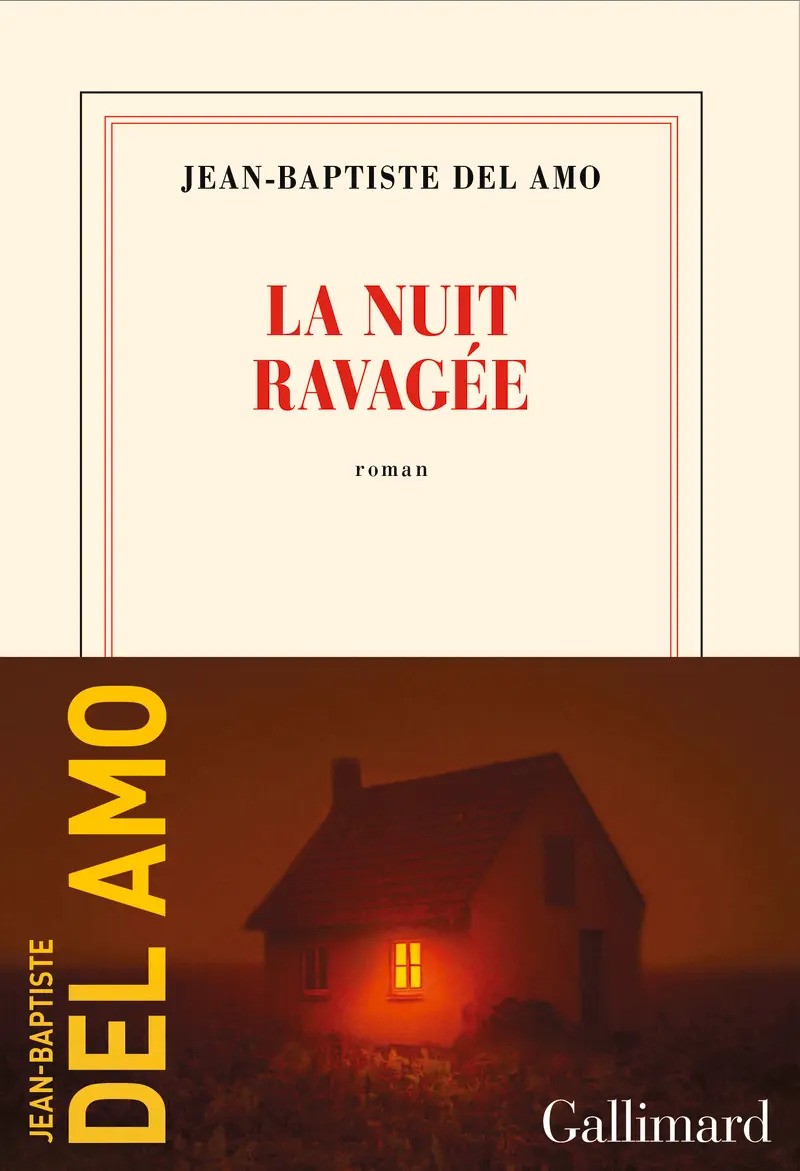The Son of Man (Le fils de l'homme)


Translated into English by Frank Wynne
WINNER of the Prix du Roman Fnac 2021
SHORTLISTED for the Prix Femina 2021
After several years of absence, a man reappears in the life of his wife and their young son and takes them to the dilapidated house in the mountains where he grew up with his ruthless father. There, the son discovers a nature unknown to him, wild and bewitching. As the father’s hold over mother and child grows and he dictates the mysterious laws of their new existence, the return to their previous life and home seems increasingly impossible. Haunted by his past and consumed with jealousy, the man slowly sinks into madness and his son has no choice but to challenge his father in an attempt to save something of their humanity. Brilliantly translated by Frank Wynne, The Son of Man is an exceptional novel on the transmission of violence from one generation to the next.
"The Son of Man is an explosion, a shout. Jean-Baptiste Del Amo is a storming talent; here are words which are forged rather than written, smeared with blood."
— Daisy Johnson, author of Sisters
"The Son of Man is an astonishing book. Beautifully written, devastating at times, and relentless, but unforgettable."
— Michael Magee, author of Close to Home
"The Son of Man demands a fearless kind of reading. It combines the impassive eye of a naturalist regarding their object of study, with the fierce revolt of that which is scrutinized, and resists being catalogued and known. Del Amo reaches into atavistic territories of impulse, desire, violence and repetition, and refuses to domesticate through conclusion. I was mesmerized by this formidable tale of a son and a mother who come up against both the law of the father and the lawlessness of nature."
— Daisy Lafarge, author of Lovebug
"Mythological, archetypal, anthropological violence flows from age to age, cascading from generation to generation. You can't escape it: you experience it, then reproduce it, in a form of mental contamination that is both insidious and brutal. This is the secret soil of the previous novels by Jean-Baptiste Del Amo, a key contemporary writer, a mysterious insurgent, a stylist of sensual and sacred writing. The fury of filiation is no longer a backdrop in Le Fils de l'Homme. It is the keystone of a text that bends and makes bend under the weight of genealogical defilements, with inspired, even testamentary and even biblical accents. (…) This is great art, full of tension."
– La Croix
“The theme of transmission between father and son is at the heart of the novel. It is marked by a macabre determinism, everything is already played for, poisoned. A wandering insane grandfather casts a shadow and bad luck ricochets on his descendants. Jean-Baptiste Del Amo does not shy away from showing the atrocious. He has several strings to his hunter’s bow; an art of careful framing, of scenic observation. A taste for the primeval drive mixed with intuitions and perceptions. (…) There are many magnificent scenes, such as the son swimming in the river with his mother. Brief moments of light amidst the darkness and a fear so intense you could cut it with a knife.”
– Le Figaro Littéraire
"A strange situation turns tragic. The family goes off into the woods: Jean-Baptiste Del Amo describes the trees that surround them, the mountains that engulf them. He reveals past dramas and secrets. The simple plot becomes as complex as the psychology of these human beasts. At no point does the writer let go of his language, never precious, always precise. As the tension mounts, his sentences become longer and longer, snaking and elusive like the violence that erupts. Rarely has the 39-year-old author been so right in the way he stretches out his fiction"
– Le Monde
"Jean-Baptiste Del Amo gives a soul to this drama. We oscillate constantly between nature writing, a tale and a psychological novel. The writing is sumptuously lyrical, organic and describes with intensity the many ways in which life is derailed"
– Livres Hebdo
"Jean-Baptiste Del Amo constructs a mythology that is both familial and pantheistic to describe a child’s discovery of the cruelty of the adult world. (…) Le Fils de l’Homme is a deep and subtle novel"
– Télérama
"Violent, harsh and tragic, like the mountains and forests in which the father, mother and son live."
– Le Soir



